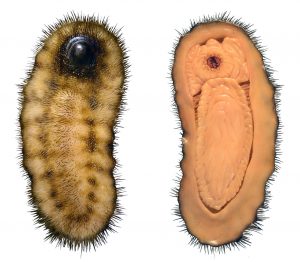
Spiny Slugs: New fossil discovery sheds light on mollusk evolution
Discovery of a slug-like organism called Calvipilosa, literally meaning “hairy scalp”, leads to new knowledge of what the earliest common ancestor of mollusks would have looked like.

Discovery of a slug-like organism called Calvipilosa, literally meaning “hairy scalp”, leads to new knowledge of what the earliest common ancestor of mollusks would have looked like.
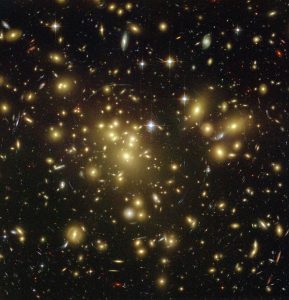
The HAYSTAC dark matter detection device probes the universe for radio waves that would confirm the existence of axions, a particle that could account for 80% of the mass in our universe.
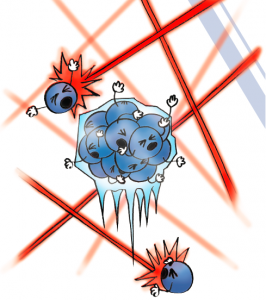
Researchers at Yale have developed a technique to cool down and levitate molecules in space, enabling new experiments that could revolutionize our understanding of fundamental physics.
The discovery of gravity waves on Venus sheds light on the mysteries of our closest neighbor in the solar system, with surprising implications for both Earth science and astronomy in general.

From fiber optics to wine glasses, a new discovery from the Yale Department of Applied Physics demonstrates how to increase the lifetime of sound in glass and silica materials.
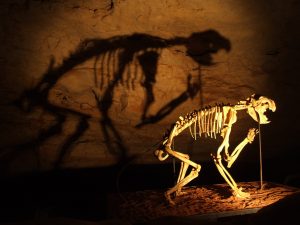
How much did the Ice Age’s widespread mammal extinctions actually impact the ecosystem, and what can this tell us about our mass extinctions today? Dr. Matt Davis of the Department of Geology and Geophysics investigates this question.

Yale researchers are using fractals to decode the signals planets leave in their star’s light. The answer to life, the universe, and everything? Might well be hidden in the noise.
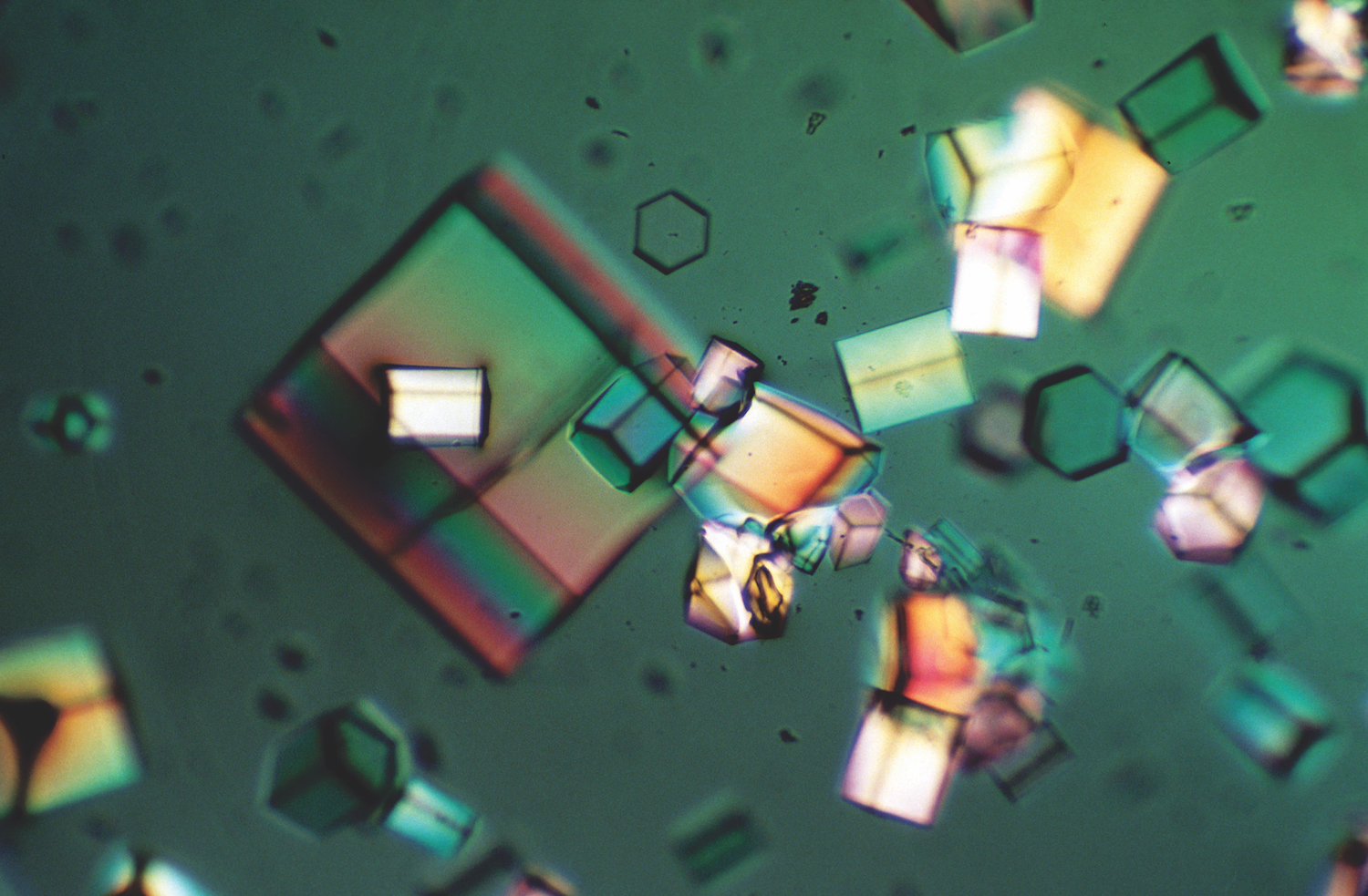
Proteins play an important role in all life processes. From catalyzing reactions to protecting our body to supporting cell structure, proteins have a wide variety
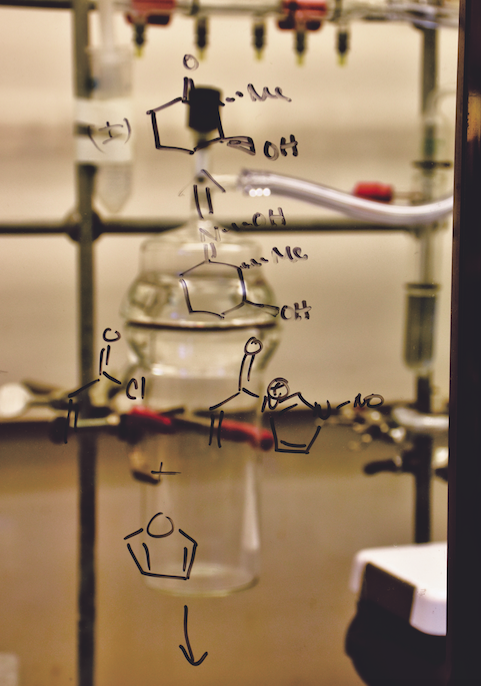
The Miller laboratory of Yale’s Department of Chemistry recently made a discovery in peptide catalysis that could change how we think about enzymes.
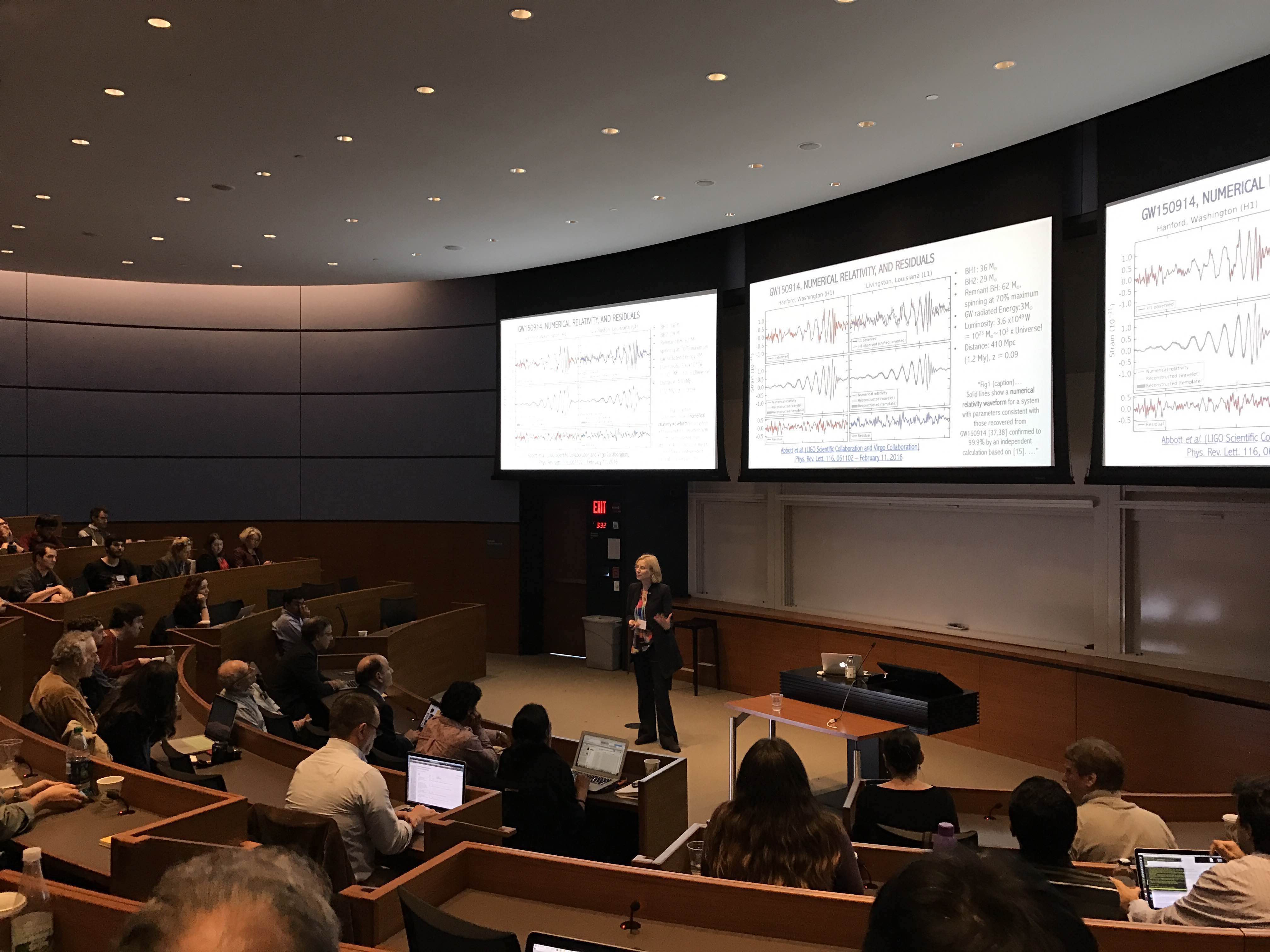
The third annual Gruber Cosmology Conference took place at Yale on October 7th, honoring discoveries advancing our understanding of the universe. This year’s Gruber Prize
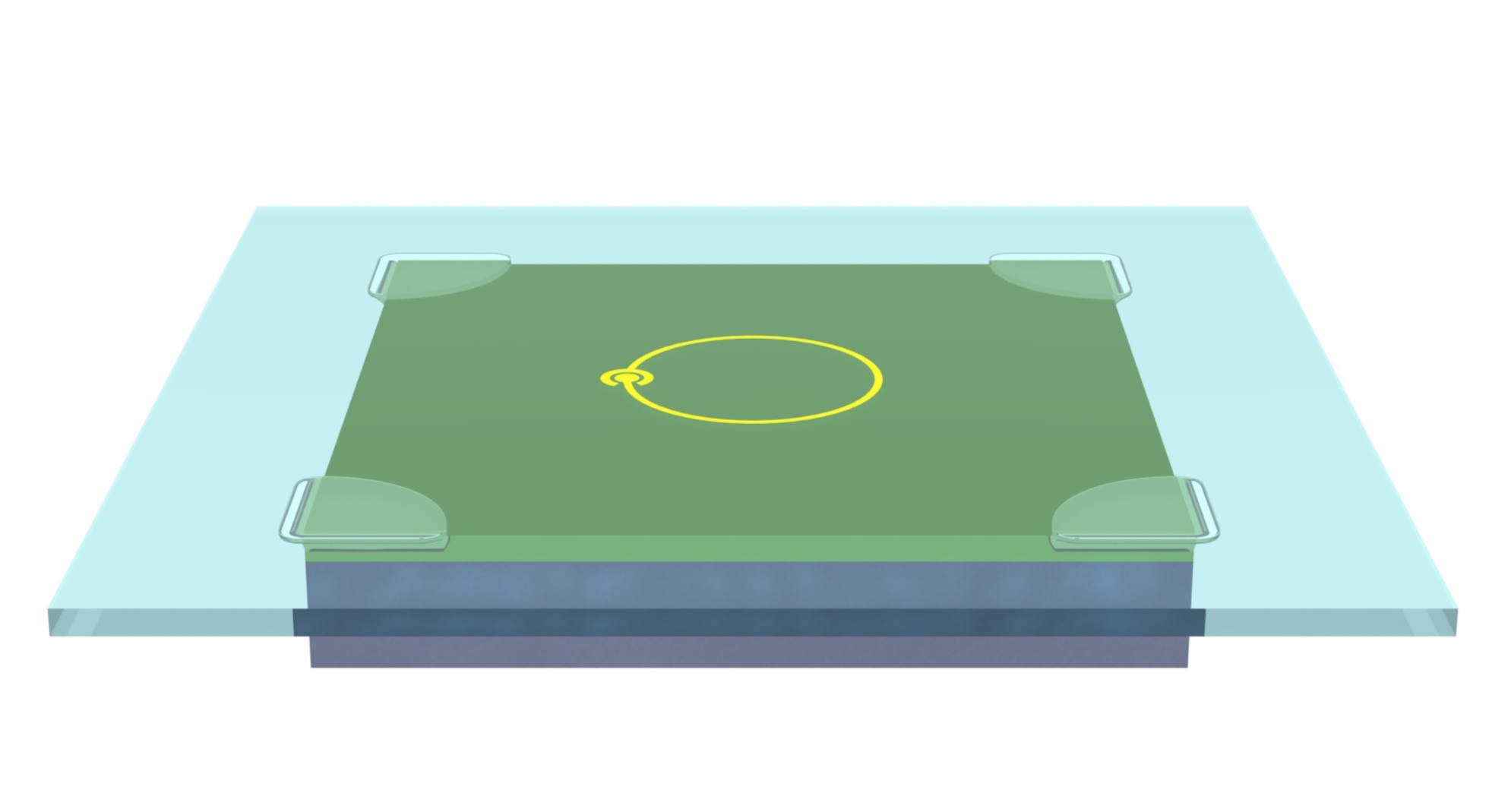
Have you ever wondered about the possibilities of uniting quantum mechanics and computer science? Yale researchers have made important progress towards the construction of more powerful quantum computers.
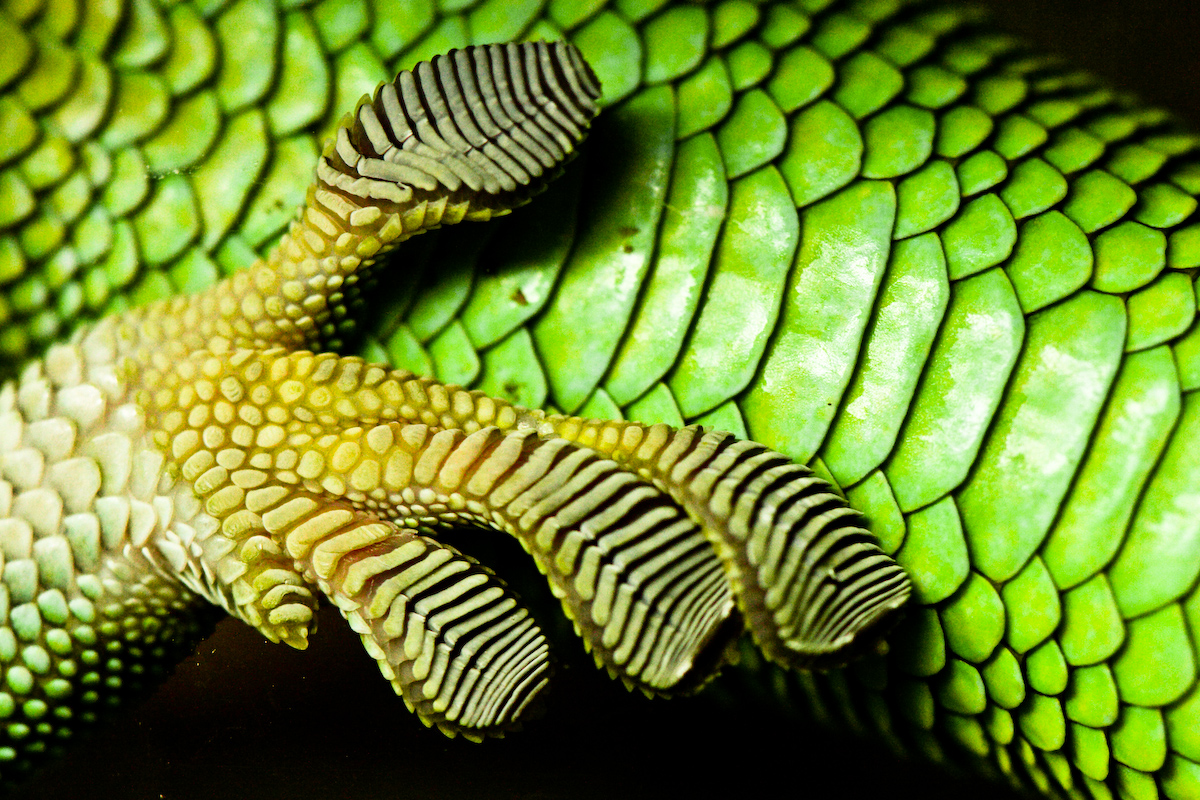
Materials inspired by gecko feet gather dust as Yale scientists and conservators team up to preserve fine art.